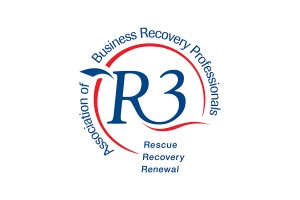Government figures showing another monthly fall in corporate insolvencies are hiding the true picture of the damaging effect of the coronavirus pandemic on businesses, according to the South West branch of insolvency and restructuring trade body R3.
Insolvency Service statistics for June show 732 company insolvencies in England and Wales, lower than May’s figure of 945 and a 50% drop on the same month last year. 
But R3’s own research among members of the insolvency profession shows a significant increase in existing and new clients seeking support with managing reduced demand for their products and services.
Clients are also asking for guidance around how they can manage working capital shortages in cashflow forecasts.
R3 South West chair Philip Winterborne, pictured, a partner at Temple Bright solicitors, said: “The statistics still do not reflect the harm that the pandemic is wielding on businesses due to two key factors: the time lag between setting up and entering corporate insolvency processes, and the government’s valuable safety net of business support measures.
“In reality, the economic contraction in April and May shows that consumer spending had halted, and consumer confidence was unsurprisingly low during both months, with no real improvement in June.” 
He said business owners were naturally worried about the health of the economy over the next year and, ultimately, about their own financial survival.
“The situation is still tough for many people, with little sign of economic improvement on the horizon,” he added.
The decrease in the number of corporate insolvencies in June was driven by a sharp reduction in the number of Creditors’ Voluntary Liquidations, and a drop in administrations and compulsory liquidations, according to the Insolvency Service figures.



















